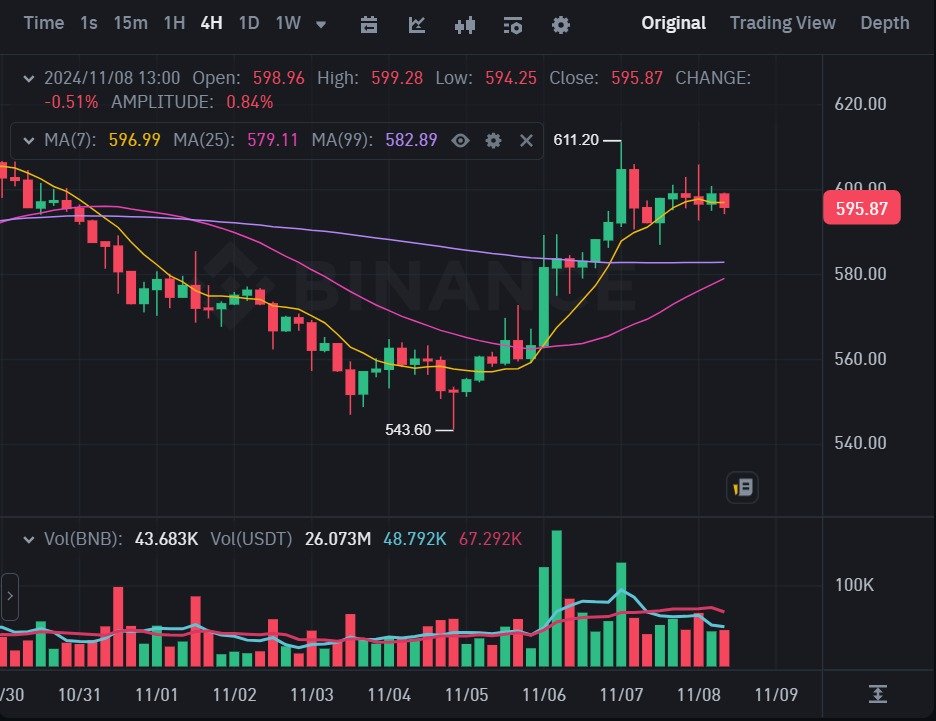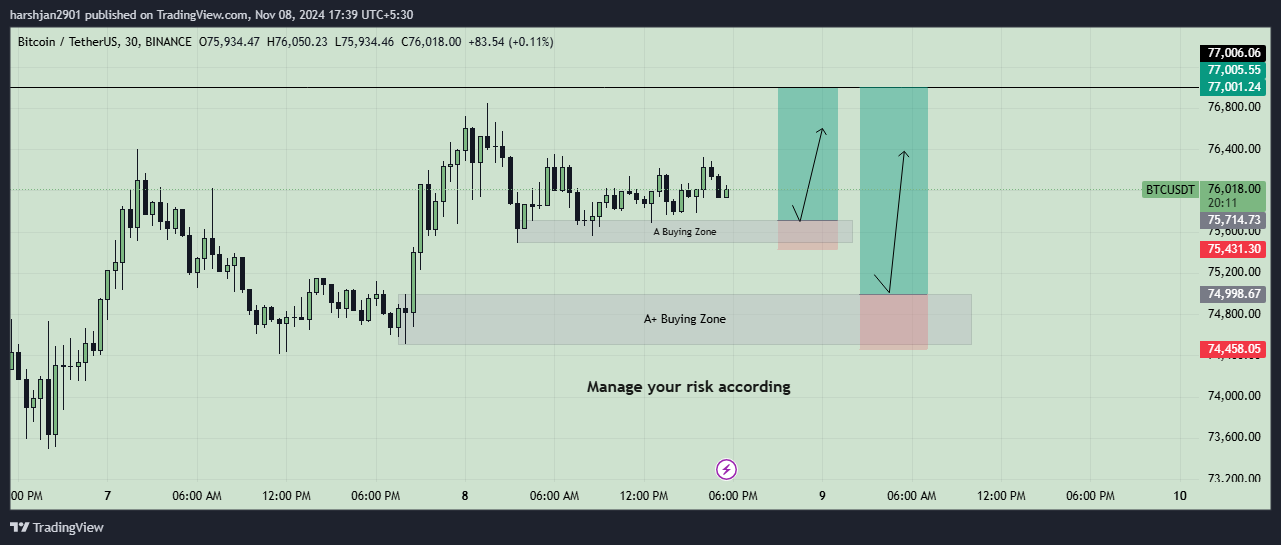The question of whether crypto tokens are worth anything is common, especially among new investors or individuals trying to understand the volatile world of cryptocurrencies. In this blog, we will break down what crypto tokens are, how they derive value, and whether or not they are worth anything in today’s market.
What Are Crypto Tokens?
Crypto tokens are a type of cryptocurrency that represents an asset or a utility on a specific platform or blockchain. Unlike coins (such as Bitcoin or Ethereum), which typically function as a currency or store of value, tokens can represent a variety of things, including:
- Ownership of assets (like real estate or NFTs).
- Access to services or platforms (like decentralized applications or governance rights in a decentralized autonomous organization, or DAO).
- Stakes in a project (such as staking tokens used to secure a network).
Tokens are typically created on top of an existing blockchain, like Ethereum or Binance Smart Chain, using smart contracts. These tokens can serve as a medium for transactions or hold specific functionalities that give them intrinsic value within a particular ecosystem.
How Do Crypto Tokens Derive Their Value?
The value of crypto tokens can come from a variety of factors. Here’s what determines whether a crypto token is worth something:
1. Utility and Use Case
Tokens with real-world applications or functional utility tend to have more value. For example:
- Uniswap (UNI) tokens are used to govern the Uniswap decentralized exchange (DEX), meaning holders can vote on decisions affecting the platform’s future.
- Chainlink (LINK) is used in smart contracts for decentralized oracles, enabling smart contracts to interact with external data.
- Filecoin (FIL) allows users to rent out unused storage space on its decentralized file storage network.
If a token serves a practical purpose or is part of a functioning platform or protocol, it is likely to have value. This is especially true if the platform becomes widely used or provides a service that people need or value.
2. Scarcity and Supply
Much like traditional assets, the scarcity of tokens can impact their value. For example:
- Bitcoin (BTC) has a fixed supply of 21 million coins, making it scarce and driving its value through demand.
- Some tokens are designed with limited supplies, creating a supply-demand dynamic where the scarcity can make the token more valuable.
Tokens with fixed maximum supplies (or those that are burned, or destroyed over time) tend to increase in value when demand for the token increases.
3. Demand and Market Sentiment
The value of crypto tokens is also heavily influenced by market demand. This demand is driven by factors such as:
- Speculation: Investors buying tokens based on the belief that their value will rise in the future.
- Community Support: A strong and active community can push the value of a token upwards, as seen with tokens associated with strong projects or ecosystems.
- Partnerships: When a token or platform secures strategic partnerships, its perceived value can rise.
For example, the value of Shiba Inu (SHIB) tokens soared due to hype and community-driven demand, despite the fact that the project had limited utility at the time of its rise.
4. Project Team and Development
Tokens backed by a strong, experienced team of developers, advisors, and partners tend to hold more value. If a project shows signs of continual innovation, development, and real-world adoption, the token may become more valuable.
- Ethereum (ETH), for instance, continues to evolve with major updates like the transition to Ethereum 2.0, and this has bolstered its value over time.
5. Tokenomics and Staking
Tokenomics refers to the economic model of the token, which includes how tokens are distributed, how many are available, and how they are used within the ecosystem.
- Staking tokens can offer additional value. For example, staking Polkadot (DOT) tokens in its network helps secure the platform, and stakers earn rewards in return, which increases the utility and demand for the token.
- Governance tokens (like Aave (AAVE) or Compound (COMP)) allow token holders to vote on platform decisions, adding further functionality to their value.
6. Regulation and Legal Recognition
The legal status of a token also plays a crucial role in its value. Cryptocurrencies that are recognized by regulatory authorities and comply with government standards are more likely to remain valuable. Conversely, tokens that are subject to legal challenges or uncertainty can lose value quickly.
Are Crypto Tokens Worth Anything?
The short answer is yes, crypto tokens can be worth something, but this value is dependent on several factors. The value of a token is determined by:
- The utility it provides within a platform or ecosystem.
- The scarcity or limited supply of tokens.
- Market demand and the level of speculation surrounding the token.
- The strength of the team behind the project and the platform’s future prospects.
However, not all tokens are created equal, and not all of them will hold value in the long term. Token speculation is often high in the crypto space, and some tokens may experience inflated prices due to hype or market trends. Always conduct thorough research before investing in a crypto token.
Risks of Investing in Crypto Tokens
- Volatility: Tokens can experience drastic price swings, leading to potential gains or losses.
- Scams and Rug Pulls: The crypto space is ripe for fraud, with some tokens being used purely as speculative instruments or even as scams.
- Lack of Regulation: The absence of regulatory oversight in many jurisdictions can make it difficult to evaluate the legitimacy or security of a project.
- Uncertain Future: Many tokens are tied to the success of their underlying project. If the project fails, the token could lose its value.
Conclusion: Are Crypto Tokens Worth Anything?
Yes, crypto tokens can have significant value, but this value depends on factors such as utility, market demand, and the strength of the underlying project. While some tokens offer real-world use cases and potential for growth, others are speculative and can be risky investments.
If you’re looking to invest in crypto tokens or want more information on how to evaluate their worth, Lumina Lore can guide you in making informed decisions. Whether you’re new to crypto or a seasoned investor, our expert team can help you navigate the complexities of token investing with personalized strategies. Contact us today to get started!



